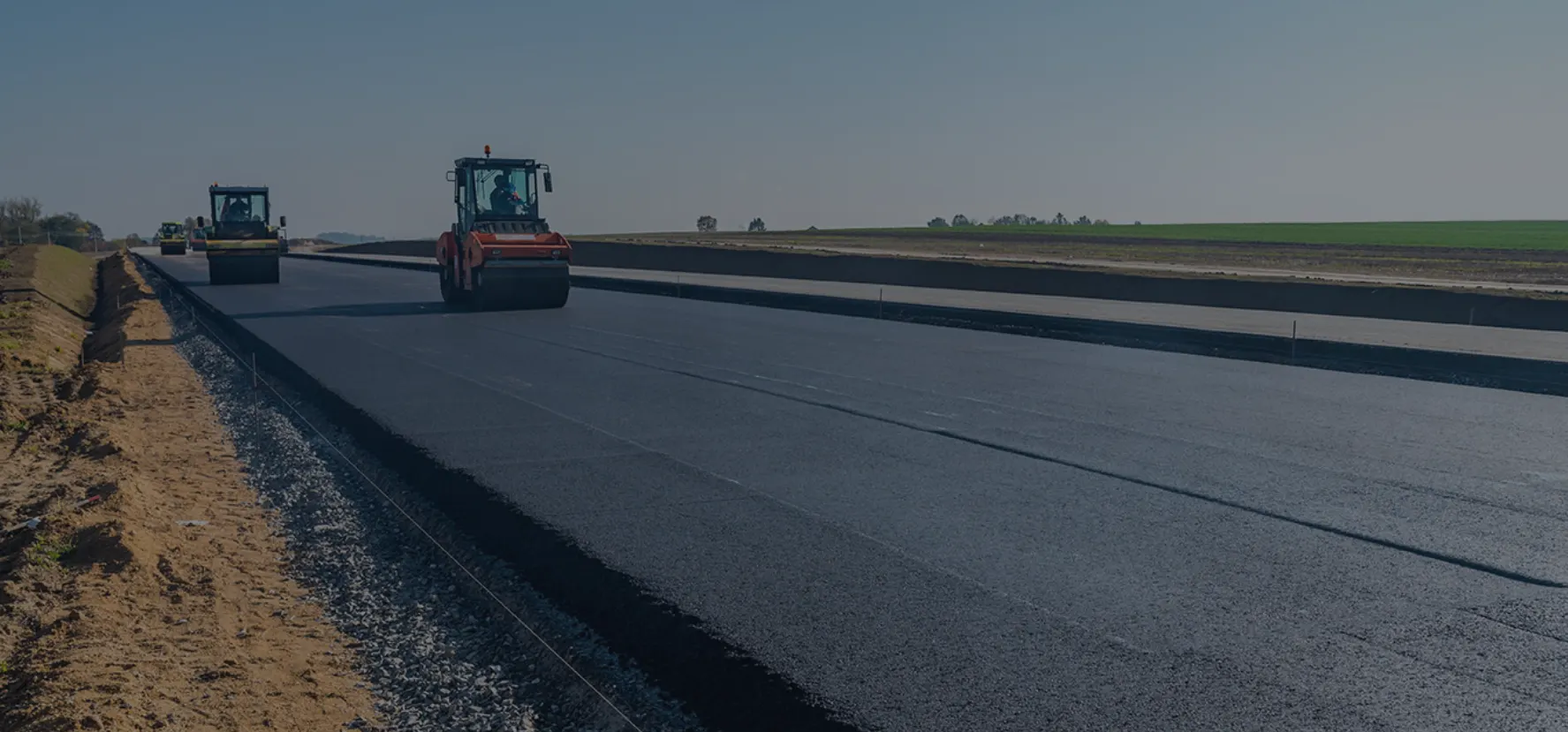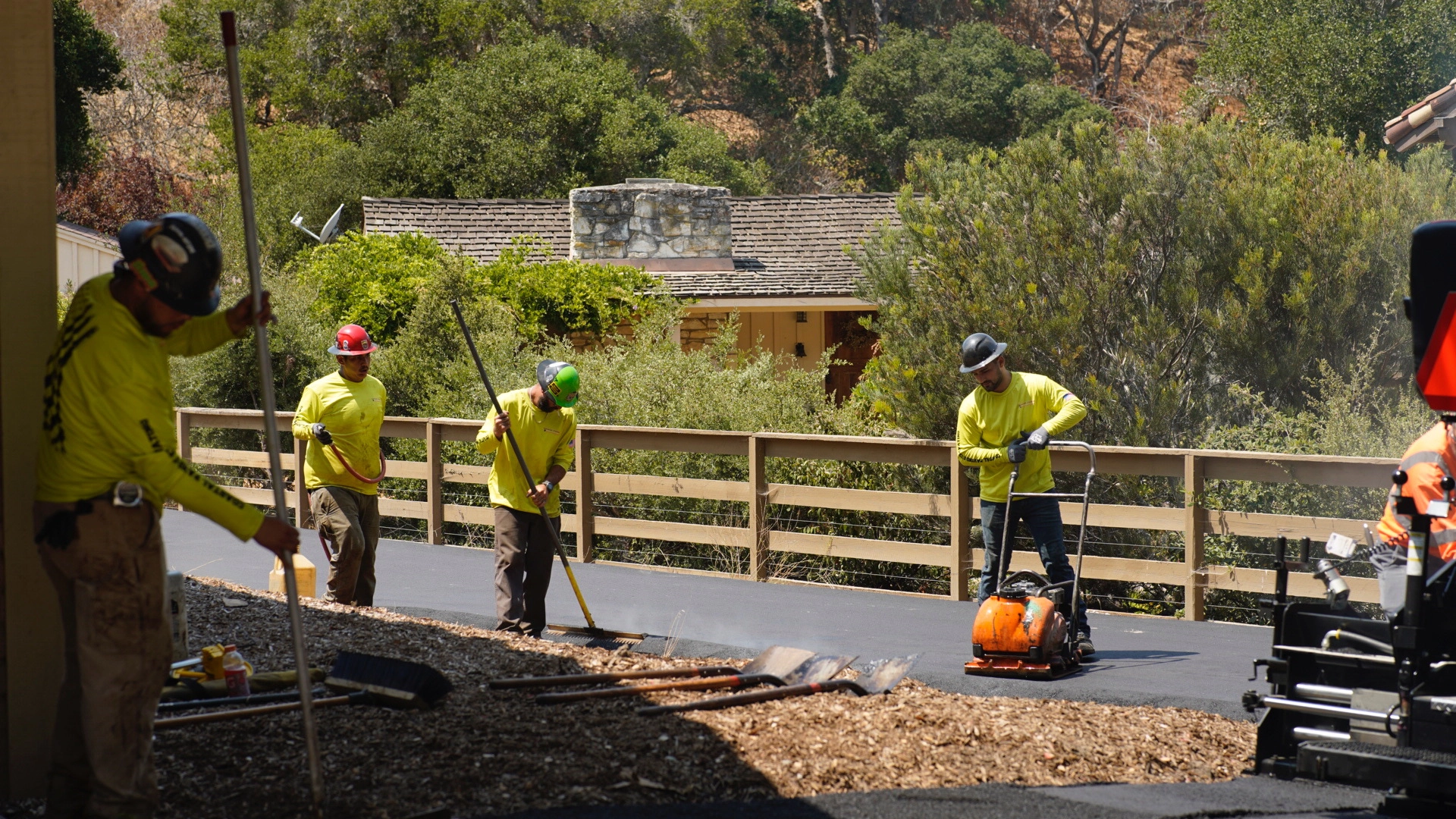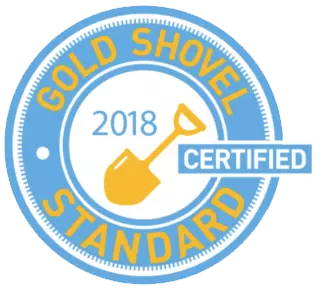
The two most popular building materials in the world are asphalt and concrete. The United States annually produces 500 million tons of concrete and 420 million tons of asphalt. Over 90% of all roads in the United States are asphalt, and all levels of construction utilize concrete.
This begs the question when you compare the two, which do you need? Let’s take a deeper look at asphalt vs. concrete.
Asphalt and Concrete
On the surface, asphalt and concrete are almost the same thing. Both are poured over gravel and made up of sand and rocks. They are both used for construction and can be used to pave driveways and roads. That’s where the similarities end.
The major difference between the two, in terms of materials, is the adhesive used to make them. You make asphalt by mixing sand and gravel with tar, while concrete is made with cement. While it might seem slightly different, the real-world impacts are significant.








